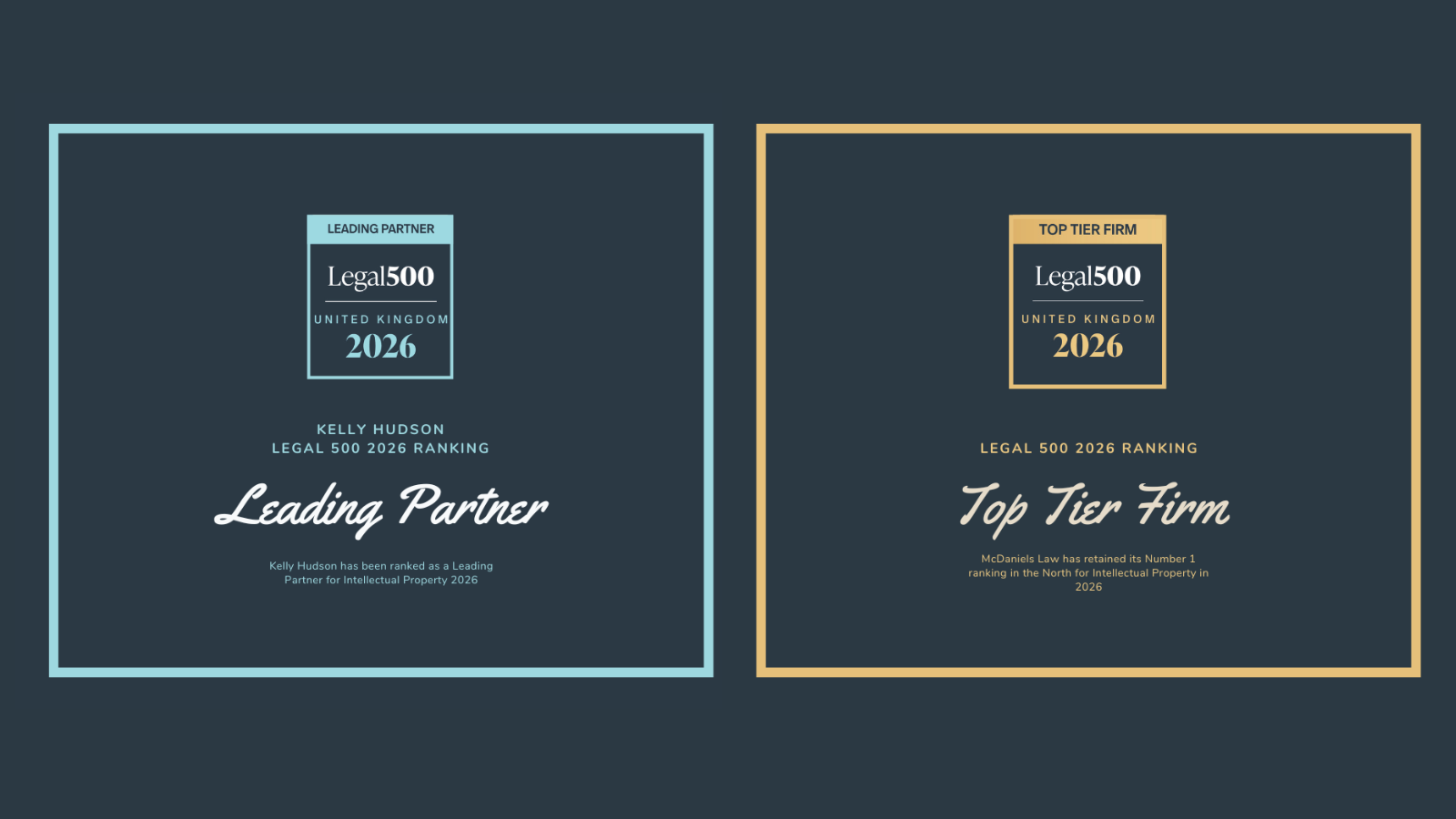The High Court has ruled that a trade mark applied for outside of a consultancy agreement could not be considered bad faith in the case of Charles Claire LLP and Lynx Golf Limited v Kevin Harold Woolgar [2025] EWHC 1802 (Ch). This builds on the recent landmark bad faith case of SkyKick UK Ltd and another v Sky Ltd and others [2024] UKSC 36.
Mr Woolgar was a consultant to the claimants, supplying a range of golfing products subject to a consultancy agreement. The claim involved whether Mr Woolgar had been taking a secret commission from the goods he supplied, and whether he had applied for the trade mark ‘Ai’ in relation to junior golf clubs in bad faith.
It was found that Mr Woolgar had benefited from a secret commission, which was then argued by the claimants for Mr Woolgar’s trade mark to have been applied for in bad faith. The presiding judge, however, ruled to the contrary. Instead, the judge held that the trade mark had been applied for outside of the parties’ commercial agreement, as Charles Claire LLP had declined to pursue the Ai brand with Mr Woolgar, and subsequently the brand fell outside the remit of the IP assignment clause within the commercial agreement. While the claimants invited the judge to consider Mr Woolgar’s conduct in taking secret commissions as to his rationale for making the application, the judge found that Mr Woolgar’s conduct in this was separate to his conduct in making the application, with there being no basis for a finding that he acted in bad faith in a “perfectly orthodox commercial agreement”.
This case illustrates the need to consistently review your contractual terms with third parties, and to consider each party’s rights over intellectual property within these agreements. If you have any questions on the above, please do not hesitate to contact the team at McDaniels Law on 0191 281 4000 or legal@mcdanielslaw.com


